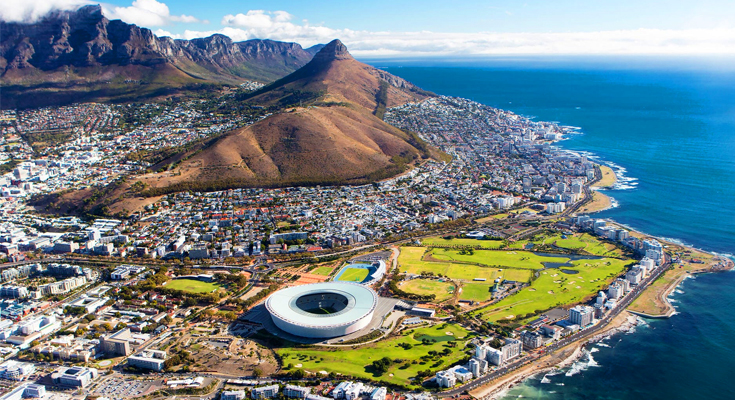- Home
- Switch to electric cars in South Africa, how much are you saving?
Switch to electric cars in South Africa, how much are you saving?
Electric vehicles (EVs) in South Africa are experiencing a period of growing interest and adoption, driven by both environmental concerns and the country’s commitment to reducing greenhouse gas emissions. South Africa has a relatively developed energy infrastructure, with a significant portion of the country’s energy coming from renewable sources like wind and solar power, making it an ideal setting for the integration of EVs into the transportation system. The government has begun supporting the transition to cleaner transportation options through various incentives and policies, aiming to reduce carbon emissions and support sustainability goals.
However, there are challenges to overcome in terms of EV adoption, including high upfront costs, limited charging infrastructure, and concerns over battery range, particularly in rural areas where charging stations are sparse. Urban centers like Johannesburg, Cape Town, and Pretoria are seeing an increase in the number of EV charging stations, but rural areas still face significant barriers. Despite this, the growing demand for cleaner transportation solutions and a rising middle class are expected to drive further growth in the EV market.

| Aspect | Electric Vehicles (EVs) | Gasoline Vehicles |
|---|---|---|
| Energy Efficiency | Over 85% efficiency, meaning most energy is used for propulsion. | Lower efficiency due to heat loss in combustion. |
| Consumption (100 km) | 15 kWh (electricity) | 6 liters (gasoline) |
| Cost per 100 km | $1.77 (15 kWh × $0.118/kWh, South Africa’s electricity price) | $7.20 (6 liters × $1.20/liter, estimated fuel cost) |
| Annual Cost (15,000 km) | $265.50 | $1,080.00 |
| Annual Cost (25,000 km) | $442.50 | $1,800.00 |
| Annual Cost (30,000 km) | $531.00 | $2,160.00 |
| Annual Cost (50,000 km) | $885.00 | $3,600.00 |
| Annual Cost (70,000 km) | $1,239.00 | $5,040.00 |
| Annual Savings (15,000 km) | $814.50 | – |
| Annual Savings (25,000 km) | $1,357.50 | – |
| Annual Savings (30,000 km) | $1,629.00 | – |
| Annual Savings (50,000 km) | $2,715.00 | – |
| Annual Savings (70,000 km) | $3,801.00 | – |
| Maintenance Costs | Lower: No oil changes, timing belts, or exhaust systems. | Higher: Requires regular oil changes and more mechanical upkeep. |
| CO₂ Emissions | Low emissions potential, depending on South Africa’s renewable energy mix. | High emissions due to combustion of fossil fuels. |
| Government Incentives | Potential for future incentives and subsidies for EV adoption. | No special incentives. |
| Infrastructure Growth | Developing charging networks, particularly in major cities like Johannesburg, Cape Town, and Pretoria. Rural areas still underdeveloped. | Well-established fuel station network. |
| Energy Security | Reduces dependence on imported fossil fuels if electricity is sourced from renewables. | Dependent on global oil markets and price fluctuations. |
| Technology Evolution | Battery lifespan improving, with expected cost reductions. | Limited innovation in fuel efficiency, with stricter regulations on emissions. |
| Long-Term Viability | Key to South Africa’s sustainable transportation future, especially with renewable energy. | Facing increasing environmental and regulatory constraints. |

